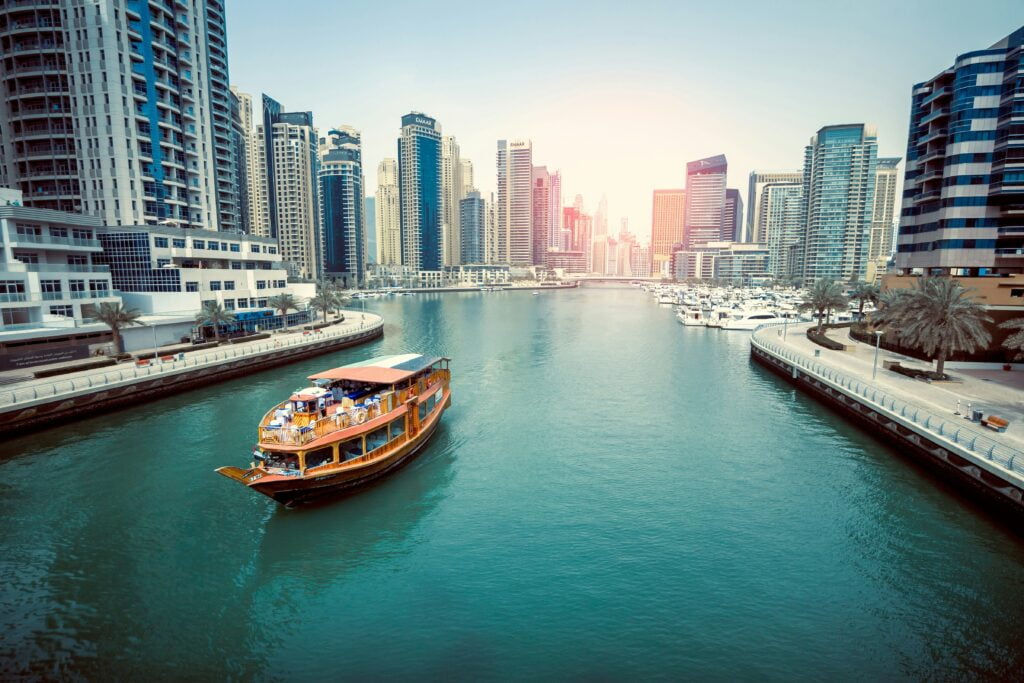How Travel Affects Mental Health: A Comprehensive Guide for Wellness Seekers

Introduction
How Travel Affects Mental Health? In our fast-paced, ever-connected world, prioritizing mental health is more important than ever. For travel enthusiasts, wellness seekers, and mental health advocates, understanding how travel can positively impact mental well-being offers a compelling reason to pack your bags and explore new horizons. This blog post delves into the profound connection between travel and mental health, backed by scientific studies, expert opinions, and real-life stories. Discover how travelling to destinations like Bali, known for its mindfulness retreats, or the Swiss Alps, renowned for their stress-reducing landscapes, can reduce stress, enhance creativity, foster social bonds, and improve overall mental well-being.
The Connection Between Travel and Mental Health
Travel isn’t just a luxury or a means of escape; it is a powerful tool for enhancing mental health. Numerous scientific studies, such as the one published in the Journal of Positive Psychology, and expert opinions, like those from the American Psychological Association, have highlighted the positive effects of travel on mental well-being. These studies and opinions consistently show that individuals who engage in frequent travel report higher happiness and satisfaction and that exposure to new environments and cultures can significantly enhance mental health.
Stress Reduction and Mental Well-being
One of the most immediate benefits of travel is stress reduction. Breaking away from the monotony of daily life and immersing yourself in new environments can provide a much-needed mental reset. According to research by the Global Commission on Aging and Transamerica Center for Retirement Studies, travel can reduce stress and anxiety effectively. Exploring new destinations, experiencing different cultures, and engaging in leisure activities can elevate your mood and improve overall mental well-being.
Key Points:
- Change of Environment: Stepping out of your daily routine helps break the cycle of stress and offers a fresh perspective.
- Mindfulness Opportunities: Traveling encourages mindfulness and being present at the moment, which can alleviate anxiety and stress.
- Physical Activity: Activities such as hiking, swimming, and sightseeing promote physical health, which in turn positively impacts mental health.
Enhancing Creativity and Cognitive Flexibility
Travelling exposes you to new experiences, cultures, and environments, which can significantly boost creativity and cognitive flexibility. A study published in the Academy of Management Journal found that individuals who immerse themselves in new cultures experience increased mental flexibility and enhanced creativity. Experiencing unfamiliar settings forces your brain to adapt and think in new ways, fostering innovative thinking and problem-solving skills.
Key Points:
- Cultural Exposure: Interacting with different cultures broadens your perspective and enhances creative thinking.
- New Experiences: Trying new activities and exploring new places stimulates the brain and encourages cognitive growth.
- Problem-Solving: Navigating unfamiliar environments can improve problem-solving skills and cognitive adaptability.
Strengthening Social Bonds and Sense of Belonging
Travelling often involves meeting new people and forming connections, which can reduce feelings of isolation and enhance a sense of belonging. Social interactions during travel, whether with fellow travellers or locals, foster a sense of community and support. According to a study by the International Journal of Environmental Research and Public Health, social connections are crucial for mental health and well-being.
Key Points:
- Shared Experiences: Traveling with friends or family strengthens relationships and creates lasting memories.
- Meeting New People: Making new friends and interacting with locals enhances social bonds and reduces feelings of loneliness.
- Cultural Exchange: Engaging with different cultures promotes empathy and understanding, fostering a global sense of community.
Practical Tips for Incorporating Travel Into a Mental Health Routine
Integrating travel into your mental health routine doesn’t require extravagant budgets or extended vacations. Here are some practical tips for incorporating travel into your life to support mental well-being:
Budget Travel Options:
- Local Getaways: Explore nearby destinations and take short weekend trips to break the routine and experience new environments.
- Travel Deals: Look for travel deals, discounts, and off-season rates to make travel more affordable.
- Staycations: Take a break at home and explore your local area as a tourist, discovering hidden gems and new experiences.
Benefits of Solo Travel:
- Self-Discovery: Traveling alone provides an opportunity for self-reflection and personal growth.
- Flexibility: Solo travel allows you to set your own pace and follow your interests without compromise.
- Empowerment: Navigating new destinations on your own boosts confidence and independence.
Importance of Planning:
- Itinerary: Plan your trips to include activities that promote relaxation, exploration, and social interaction.
- Health Precautions: Ensure you take necessary health precautions, including vaccinations and travel insurance, to avoid travel stress.
- Balance: Balance your travel plans with work and personal commitments to prevent burnout and maintain mental well-being.
Case Studies and Personal Stories
Real-life examples and personal stories can illustrate the profound impact of travel on mental health. Here are a few anecdotes from individuals who have experienced positive mental health effects from travel:
Sarah’s Story:
As a marketing executive, I, too, struggled with chronic stress and burnout. However, I returned rejuvenated and more mindful after a solo trip to Bali. “Traveling alone allowed me to disconnect from work and reconnect with myself. The experience was transformative for my mental health.” This personal experience is just one example of how travel can positively impact mental well-being.
Mark’s Journey:
Mark, a freelance writer, found inspiration and creativity through his travels. “Traveling to different countries exposed me to new cultures and perspectives. It sparked my creativity and helped me overcome writer’s block.”
Emma’s Experience:
Emma, a mental health advocate, emphasizes the social benefits of travel. “Meeting new people during my travels made me feel more connected and less isolated. It was a reminder that I’m part of a global community.”
Conclusion
Travel offers many benefits for mental health, from reducing stress and enhancing creativity to strengthening social bonds and fostering a sense of belonging. However, it’s essential to acknowledge that travel can also have its physical implications. The impact of physical activity on mood or the benefits of exposure to natural environments can impact your mental well-being. For travel enthusiasts, wellness seekers, and mental health advocates, incorporating travel into your routine can be a powerful tool for improving overall mental well-being. Still, it’s equally important to be aware of these potential physical challenges and take steps to manage them.
As you embark on your next journey, remember the positive impact of travel on your mental health. Prioritize travel as a leisure activity and a vital component of your wellness routine. Whether it’s a weekend getaway or an international adventure, the mental health benefits of travel are well worth the investment.
So, pack your bags, explore new horizons, and embrace the transformative power of travel for your mental health. Safe travels! We’d love to hear about your travel experiences and their impact on your mental health. Please share your stories in the comments below or contact us with any questions.


